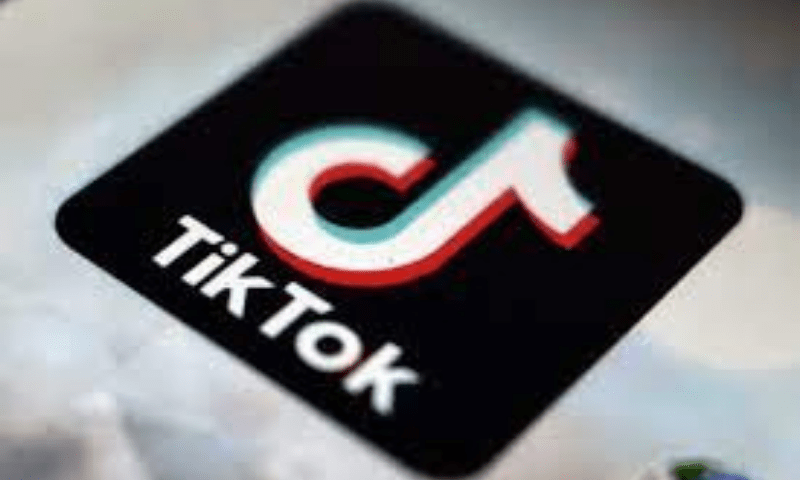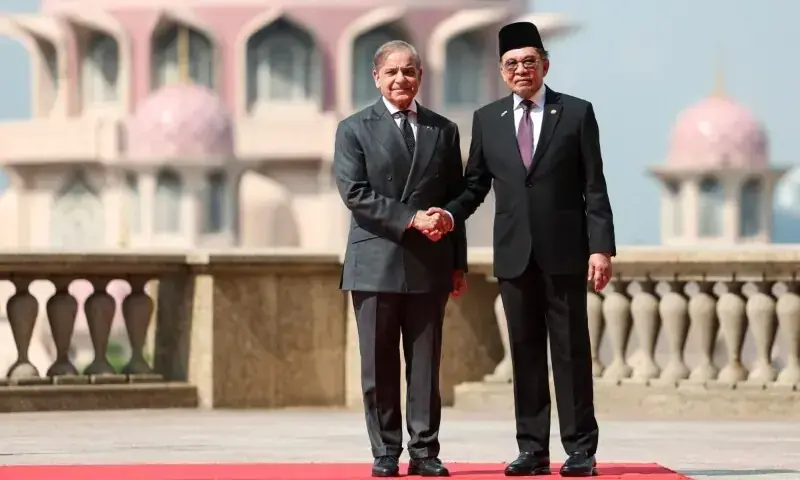The lawyer for TikTok and its Chinese parent company, ByteDance, issued a warning during Supreme Court arguments over a law that would force the short video app to be sold or ban it in the United States: If Congress could do this to TikTok , could come. after other companies too.
The law, which was the subject of arguments before all nine justices on Friday, sets a Jan. 19 deadline for ByteDance to sell the popular social media platform or face a ban on national security grounds. The companies have sought, at a minimum, a delay in implementing the law, which they say violates the U.S. Constitution’s First Amendment protection against government restrictions on free speech.
Noel Francisco, representing TikTok and ByteDance, argued that the Supreme Court’s endorsement of this law could allow statutes targeting other companies for similar reasons.
“AMC movie theaters used to be owned by a Chinese company. “Under this theory, Congress could order AMC theaters to censor any movie Congress doesn’t like or promote any movie Congress wants,” Francisco told the justices.
The justices signaled through their questions during arguments that they were inclined to uphold the law, although some expressed serious concerns about its First Amendment implications.
TikTok is a platform used by about 170 million people in the United States, about half of the country’s population. Congress passed the measure last year with overwhelming bipartisan support, as lawmakers cited the risk that the Chinese government would exploit TikTok to spy on Americans and conduct covert influence operations.
Jeffrey Fisher, the lawyer representing TikTok content creators who also challenged the law, noted during Supreme Court arguments that Congress with this measure was focusing on TikTok and not major Chinese online retailers, including Temu .
“Would a Congress (i.e.) really concerned about these dramatic risks sideline an e-commerce site like Temu that is used by 70 million Americans?” -Fisher asked. “It is very curious why only TikTok is singled out and not other companies with tens of millions of people who have their own data taken, you know, in the process of interacting with those websites and who are also, yes, no more, available for Chinese control. “
Democratic President Joe Biden signed the measure into law and his administration is defending it in this case. The deadline for divestment is just a day before Republican Donald Trump, who opposes the ban, takes office as Biden’s successor.
‘Foreign adversaries’
Attorney General Elizabeth Prelogar, defending the law in favor of the Biden administration, said it was crucial that it take effect on January 19 as scheduled to force ByteDance to act on the divestment.
“Foreign adversaries do not voluntarily relinquish their control over this mass communications channel in the United States,” Prelogar said.
“When the time comes and these restrictions come into effect, I think it will fundamentally change the landscape regarding what ByteDance is willing to consider. And it could simply be the jolt that Congress hoped the company would need to move forward with the divestment process,” Prelogar said.
If the ban goes into effect on January 19, Apple will no longer be able to offer TikTok for downloads to new users, but existing users will still be able to access the app.
The US government and TikTok agree that the app would degrade and eventually become unusable over time because the companies would not be able to offer support services.
The Supreme Court also debated whether the possibility of China using TikTok for covert influence campaigns or propaganda purposes justified its ban.
“Look, everyone manipulates the content,” Francisco told the court. “There are many people who think that CNN, Fox News, the Wall Street Journal and the New York Times are manipulating their content. “That is the fundamental protected expression.”
On Dec. 27, Trump urged the court to suspend the Jan. 19 deadline to give his incoming administration “the opportunity to seek a political resolution of the issues at issue in the case.”
Under the law, the president of the United States has the power to extend the January 19 deadline by 90 days, but in circumstances that do not appear to apply to the current situation in which ByteDance has made no apparent effort to sell the assets of TikTok in the United States. The law requires the president to certify that significant progress has been made toward a sale, with binding legal agreements.
Trump doesn’t become president until after the deadline anyway, although Francis said “we could be in a different world” once Trump returns to the White House.
Justice Brett Kavanaugh asked Prelogar if the president could “say we’re not going to enforce this law.”
“I think, in general, of course the president has discretion to enforce the law,” Prelogar said.
“Again, that’s one of the reasons why I think it makes a lot of sense to issue a preliminary injunction here and just give everyone a little bit of breathing room,” Francisco said.







